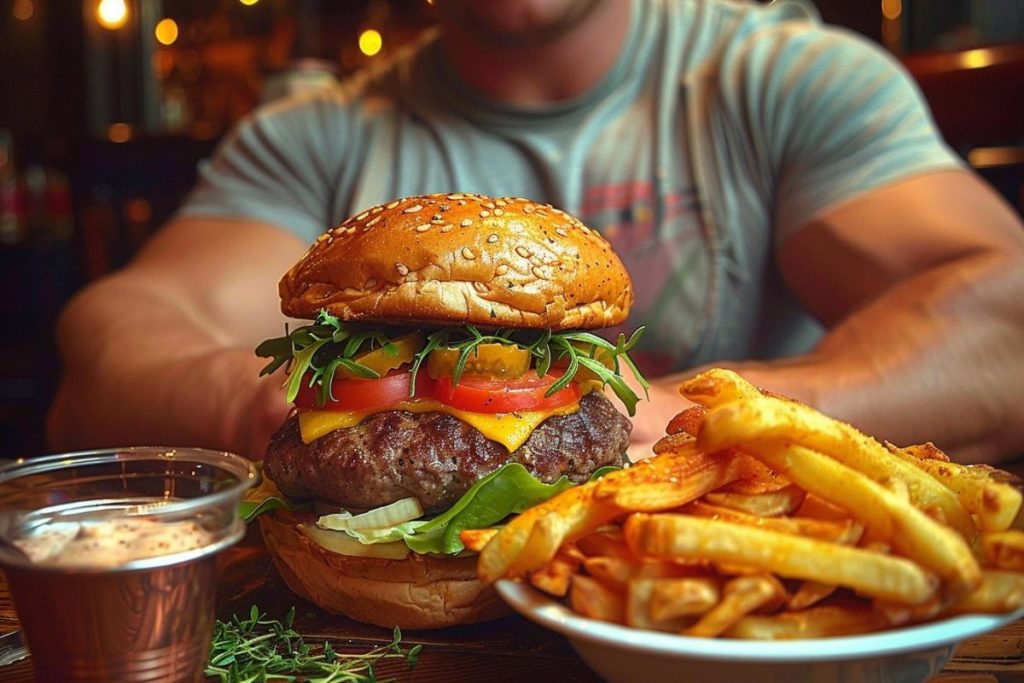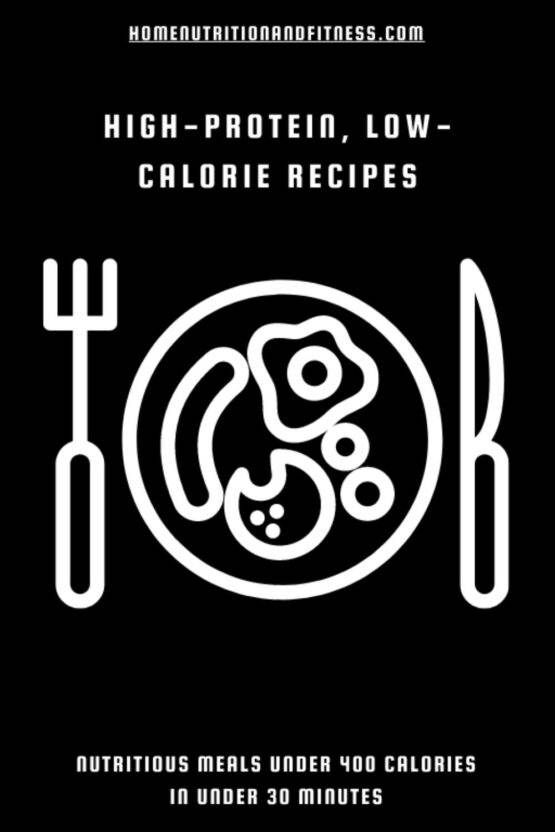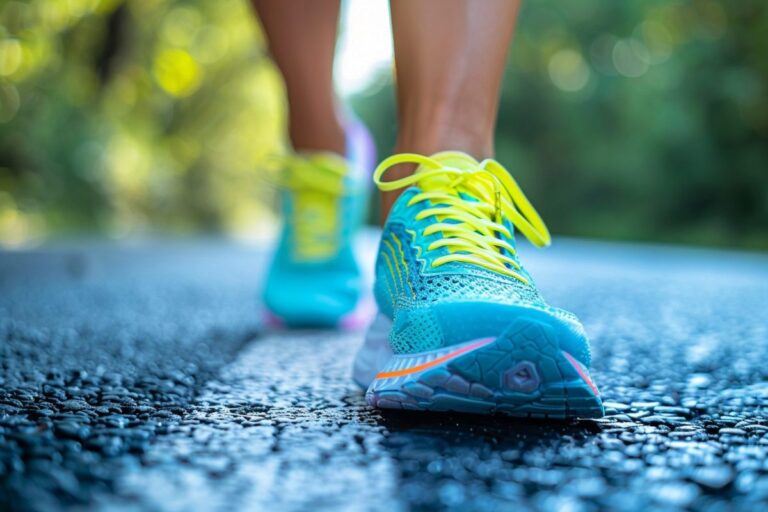Many seek ways to improve their physique beyond traditional methods like endless cardio or strict diets. Effective fat loss doesn’t have to involve extreme measures.
By combining simple strategies, you can achieve great results without excessive workout hours. Here are some practical tips to enhance your fat-loss journey.
1. Increasing Sleep Duration
Some believe sleep patterns can be trained, but disrupting your body’s natural rhythm can lead to increased cravings and potentially weight gain.
Lack of sleep alters hormone levels, promoting fat accumulation over time. Aim for 8 to 9 hours of quality sleep each night, especially if you’re focused on losing fat through exercise. Prioritizing sufficient rest is a key factor in achieving your desired results.
2. Ensure Proper Hydration
Water is a cost-effective tool in promoting fat metabolism and supporting various bodily functions due to our body’s high water content.
While aiming for 6-8 glasses daily is a good baseline, factors like weight, diet, and activity levels influence your individual hydration needs. Monitoring urine color can guide you – pale yellow to clear signals adequate hydration, while darker yellows indicate the need for more water.
To curb hunger and aid fat loss, consider drinking water before meals to distinguish thirst from hunger. Swapping sugary drinks for water can also support your weight loss goals effectively.
3. Avoid Extreme Dieting Approaches

Fad diets like the “grapefruit diet,” “cabbage soup diet,” and “juice diet” may help you lose weight quickly, but the results are often short-lived. Once you return to normal eating, the weight tends to come back fast, with much of it being water and muscle mass. These diets can also lack essential nutrients that your body needs daily to function properly.
Instead of quick fixes, opt for a balanced and sustainable clean diet that you can maintain long-term without harming your health. It’s okay to enjoy a cheat meal every so often as part of a healthy approach to eating.
4. Increase Protein Intake in Your Diet
Your body relies on protein to maintain lean muscle mass. For those engaging in intense workouts, it’s recommended to consume 1 – 1.5 grams of protein per pound of body weight daily.
Protein also helps you feel full for longer durations. Additionally, studies suggest that protein can boost post-meal calorie burn due to its high thermogenic effect.
5. Incorporate Healthy Fats into Your Diet
Despite the common belief that consuming dietary fats contributes to weight gain, incorporating healthy fats into your diet can actually support fat burning.
Healthy fats such as omega-3 and omega-6 can enhance insulin sensitivity, promote feelings of fullness, and elevate anabolic hormone levels. Opt for foods rich in Omega-3s like salmon, avocados, and walnuts to benefit from their nutrient-packed, satiating properties throughout the day.
6. Increase Resistance Training Intensity
When working out at the gym, opt for heavier weights and focus on fundamental multi-joint exercises.
Choose weights that provide a challenge without compromising your form. Increasing the weight you lift can lead to muscle growth, which in turn boosts your metabolism as larger muscles require more energy to maintain, resulting in increased fat burning.
7. Incorporate Compound Exercises
While exercises like pec deck fly and concentration curls can pump blood into the muscles, for fat loss and muscle building, focus on compound movements.
Deadlifts, squats, bench presses, and barbell rows are excellent for challenging your muscles. Working larger muscle groups through compound movements burns more calories during the workout process.
8. Incorporate High-Intensity Interval Training (HIIT)
Instead of lengthy treadmill sessions, consider incorporating short sprints for efficient fat burning.
High Intensity Interval Training (HIIT) can greatly accelerate fat burn compared to traditional cardio. Just 5-6 quick 30-second sprints with brief intervals of fast walking in between can significantly boost your metabolism and aid in fat loss.
9. Consume a Nutrient-Rich Post-Exercise Meal
While the post-workout meal is crucial for recovery and muscle rebuilding, it’s not the sole factor in getting fit.
What you eat before exercising and throughout the day plays a significant role in weight loss. A high protein post-workout meal alone cannot compensate for a poor diet overall.
10. Incorporate Moderate Cardiovascular Exercise

While HIIT is effective, it may not be suitable for everyone, especially those who are overweight, older, or have joint issues. For individuals facing these challenges, low-intensity cardio is a valuable alternative.
It not only promotes overall health but also aids in managing body fat levels. However, it’s important to avoid excessive cardio as it can have counterproductive effects on your fitness goals.
11. Enjoy Green Tea for its Benefits
Green tea has been found in recent studies to aid in reducing body fat.
Research published in the American Journal of Clinical Nutrition revealed that green tea extract led to a 4 percent increase in energy expenditure over 24 hours. Additionally, green tea catechins have been shown to inhibit glucose movement into fat cells, functioning as a glucose regulator.
Consider swapping your morning coffee for a cup or two of green tea to potentially benefit from these effects.
12. Consume Coffee as Pre-Workout Fuel
Caffeine is a natural stimulant that can give your metabolism a small boost when consumed regularly.
Having a cup of coffee each day may increase your metabolism by about 5 to 8 percent due to its effects on the central nervous system. If you drink coffee before exercising, the caffeine might also enhance your energy levels and stamina, potentially improving your overall athletic performance.
13. Enhance Flavor with Spices

Chili peppers contain capsaicin, a substance that makes them hot, and this can actually help boost your metabolism for quicker fat loss.
A study from the Journal of Nutritional Science and Vitaminology found that even a small daily amount of hot peppers can lead to a significant increase in metabolism, up to more than 20%. So, consider adding some chili peppers to your meals for a potential metabolic spike and aid in your weight loss journey.
14. Boost Performance with Branched-Chain Amino Acids (BCAA)
BCAAs, which stand for branched-chain amino acids, encompass leucine, isoleucine, and valine, making up a substantial 35% of the amino acids found in muscles.
These unique amino acids, unlike many others, bypass liver metabolism and play a direct role in muscle function by providing nitrogen essential for synthesizing crucial amino acids such as glutamine and alanine.
Consuming BCAAs before and after exercising can place your body in an anabolic state, facilitating the process of fat burning. It is recommended to intake approximately 15g of BCAA prior to your workout routine.
15. Unwind and De-stress
Excessive stress can lead to harmful behaviors like overeating and excessive drinking, along with other unhealthy habits. Stress triggers the release of cortisol, a hormone that can contribute to fat storage and various health issues if levels are too high.
Combat stress by finding ways to relax and unwind. Utilize your free time for activities such as resting, walking, and socializing with friends. Be sure to avoid excessive alcohol consumption, which can elevate stress levels. You can also try taking soothing baths or listening to music.
The more you reduce stress in your life, the quicker you will likely notice positive changes in your well-being.





